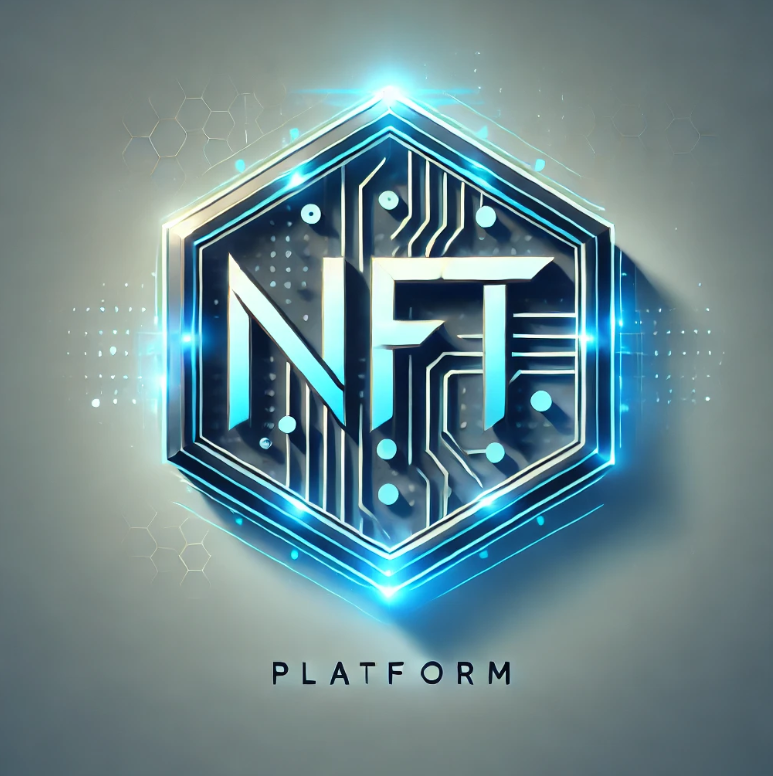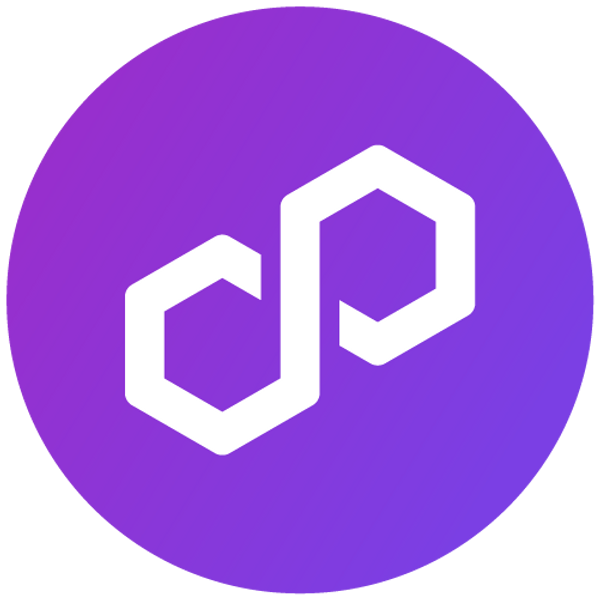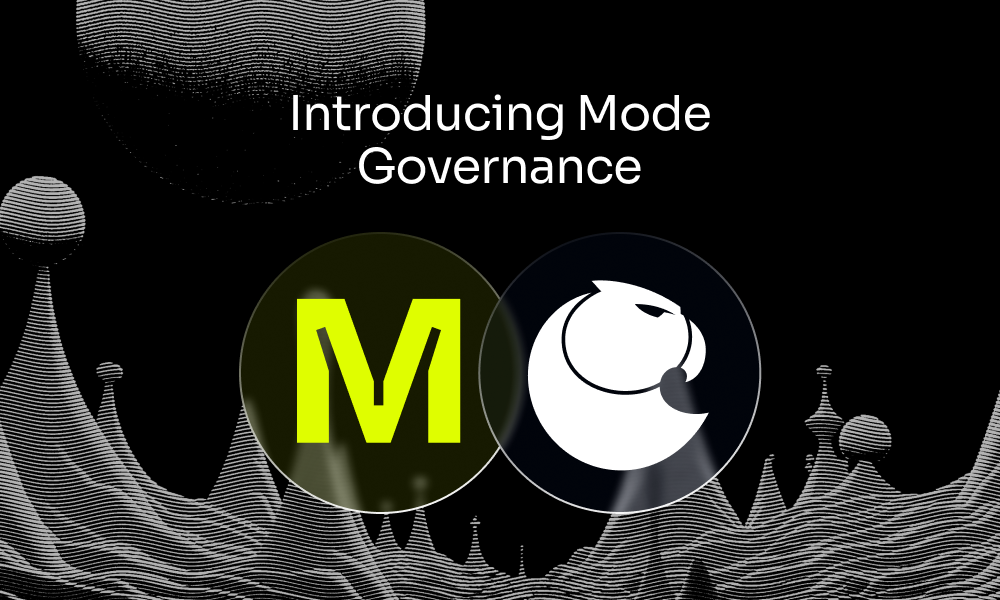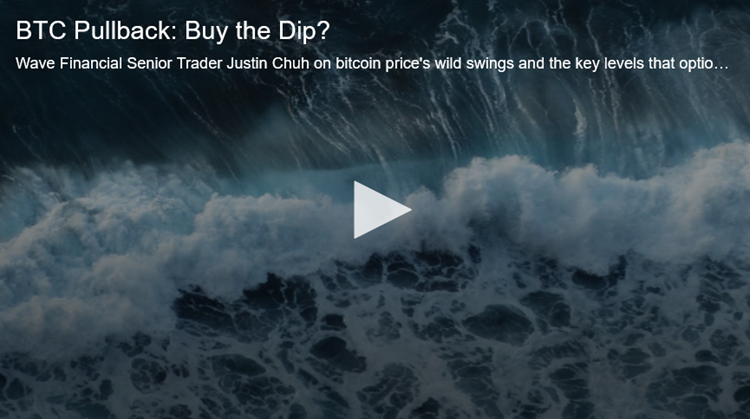What are NFTs (Non-Fungible Tokens)?

NFTs, or Non-Fungible Tokens, are unique digital assets that represent ownership of a specific item or piece of content. Unlike cryptocurrencies such as Bitcoin or Ethereum, which are fungible (interchangeable with one another), NFTs are non-fungible, meaning each one is distinct and cannot be replaced by another token. NFTs are powered by blockchain technology, primarily Ethereum, ensuring transparency, immutability, and authenticity of ownership.
Introduction
In the ever-evolving landscape of digital innovation, Non-Fungible Tokens (NFTs) have emerged as a groundbreaking technology. From digital art and music to virtual real estate and collectibles, NFTs are transforming how we own, trade, and value digital assets. But what exactly are NFTs, and why are they so revolutionary? In this guide, we’ll break down everything you need to know about NFTs and their impact on the digital economy.
What Are NFTs?
NFTs are unique digital assets stored on a blockchain, a decentralized digital ledger. They act as certificates of authenticity and ownership for a wide variety of digital and even physical items. Each NFT has distinct metadata and identifiers that set it apart from other tokens, making it non-fungible.
Key Characteristics of NFTs:
- Uniqueness: No two NFTs are the same. Each token is one-of-a-kind or part of a limited series.
- Indivisibility: Unlike cryptocurrencies, NFTs cannot be divided into smaller units.
- Ownership: Blockchain technology ensures clear ownership records and proof of authenticity.
- Interoperability: NFTs can be traded across various platforms that support the underlying blockchain.
How NFTs Work
NFTs are created and managed using smart contracts on blockchain platforms like Ethereum, Binance Smart Chain, and Solana. The process of creating an NFT is called “minting.” Once minted, the NFT is linked to the digital or physical item it represents, and its ownership is recorded on the blockchain.
Applications of NFTs
NFTs have applications across various industries:
- Digital Art: Artists can tokenize their works, ensuring originality and enabling direct sales to buyers without intermediaries.
- Music: Musicians can sell NFTs of exclusive tracks, albums, or concert tickets.
- Gaming: In-game assets such as characters, skins, and weapons can be tokenized, giving players true ownership.
- Virtual Real Estate: Platforms like Decentraland allow users to buy and sell virtual land as NFTs.
- Collectibles: From sports memorabilia to digital trading cards, NFTs offer a new way to collect and trade items.
Benefits of NFTs
- Empowerment for Creators: Artists and content creators can monetize their work directly, bypassing traditional gatekeepers.
- Transparency: Blockchain ensures that all transactions and ownership records are publicly accessible and immutable.
- Interoperability: NFTs can move seamlessly between supported platforms, increasing their utility and value.
Challenges and Criticisms
While NFTs hold immense potential, they also face several challenges:
- Environmental Concerns: Blockchain networks, especially Ethereum, consume significant energy, raising concerns about carbon footprints.
- Volatility: The value of NFTs can be highly speculative, leading to market instability.
- Fraud and Scams: The lack of regulation has made the NFT space a target for counterfeits and fraudulent activities.
How to Get Started with NFTs
- Set Up a Wallet: Create a cryptocurrency wallet, such as MetaMask, to store your NFTs and digital currencies.
- Choose a Marketplace: Platforms like OpenSea, Rarible, and Foundation are popular for buying, selling, and minting NFTs.
- Buy or Mint: Use your wallet to purchase NFTs or mint your own digital assets.
Future of NFTs
The NFT space is rapidly evolving, with new use cases emerging across industries. From revolutionizing content ownership to introducing innovative ways of community engagement, NFTs are set to redefine the digital economy.





Responses